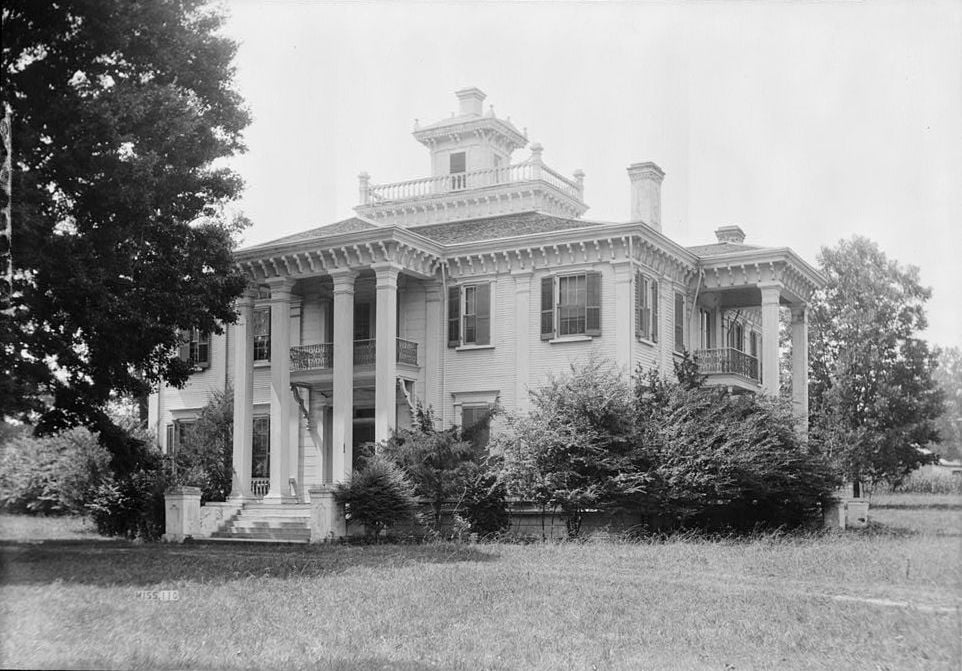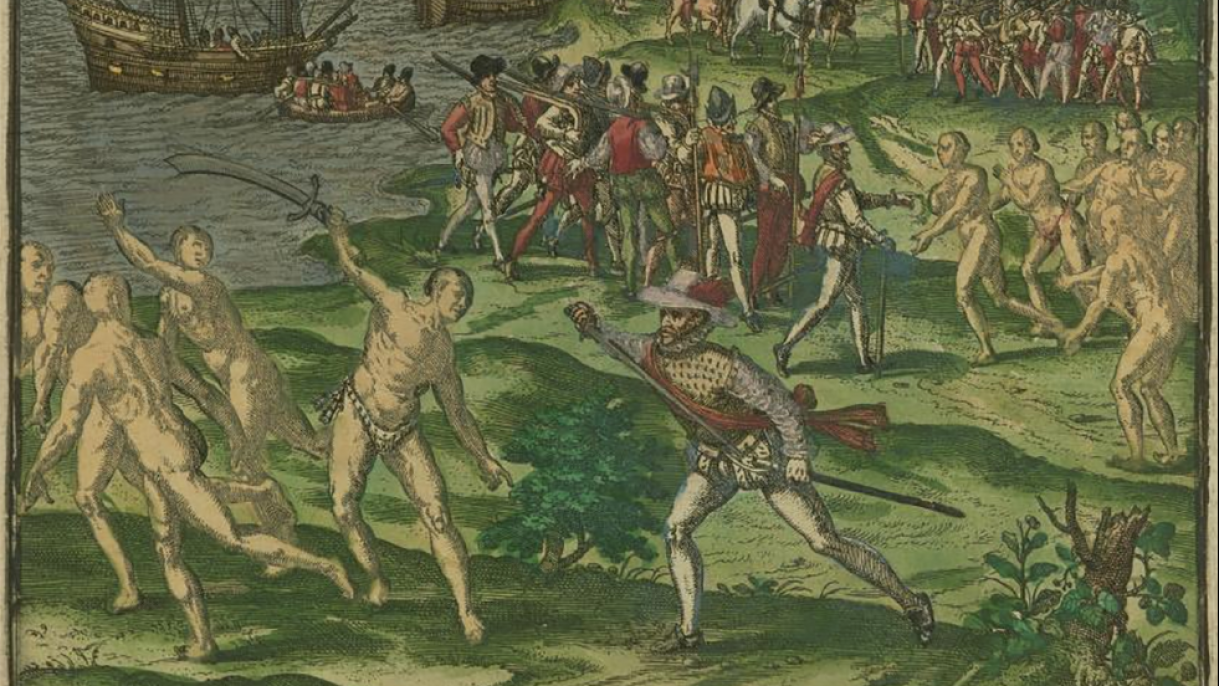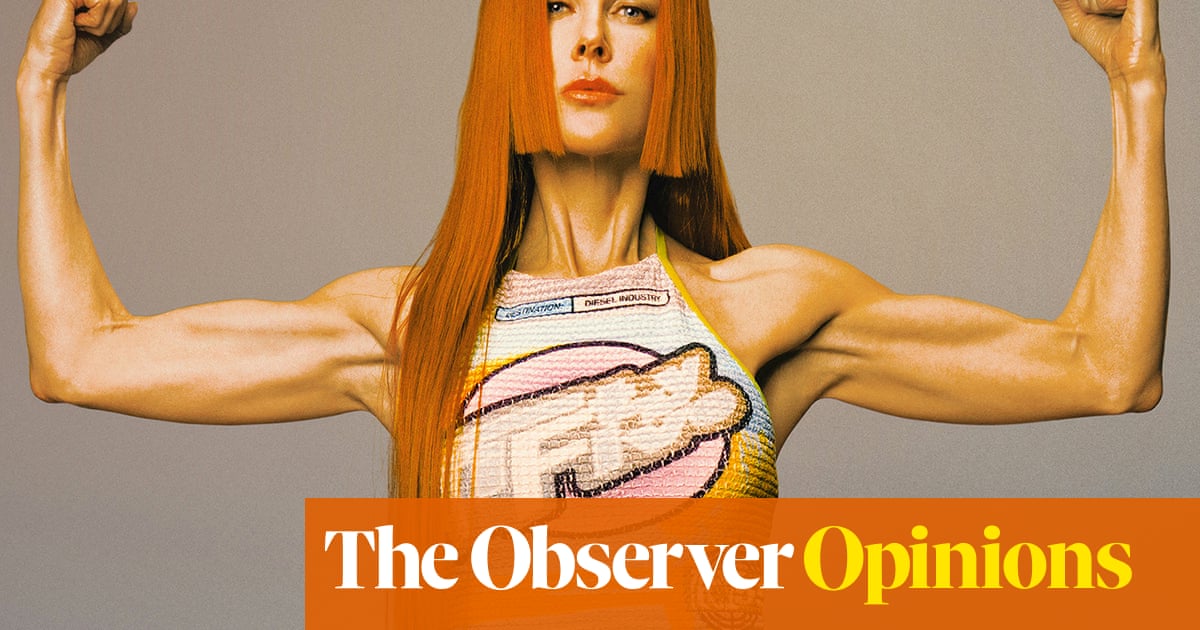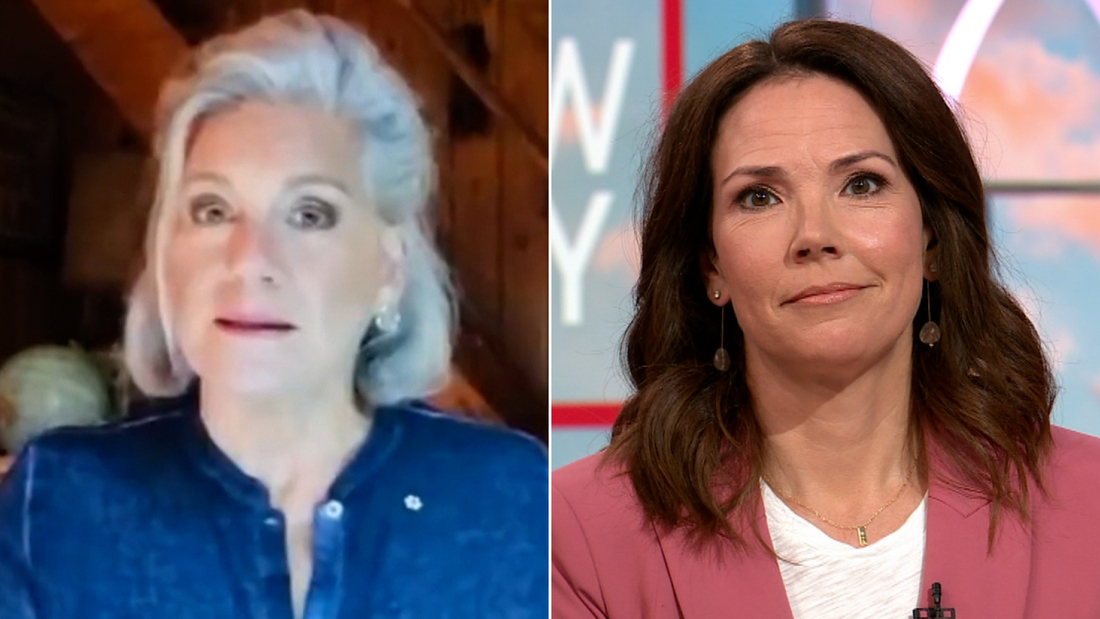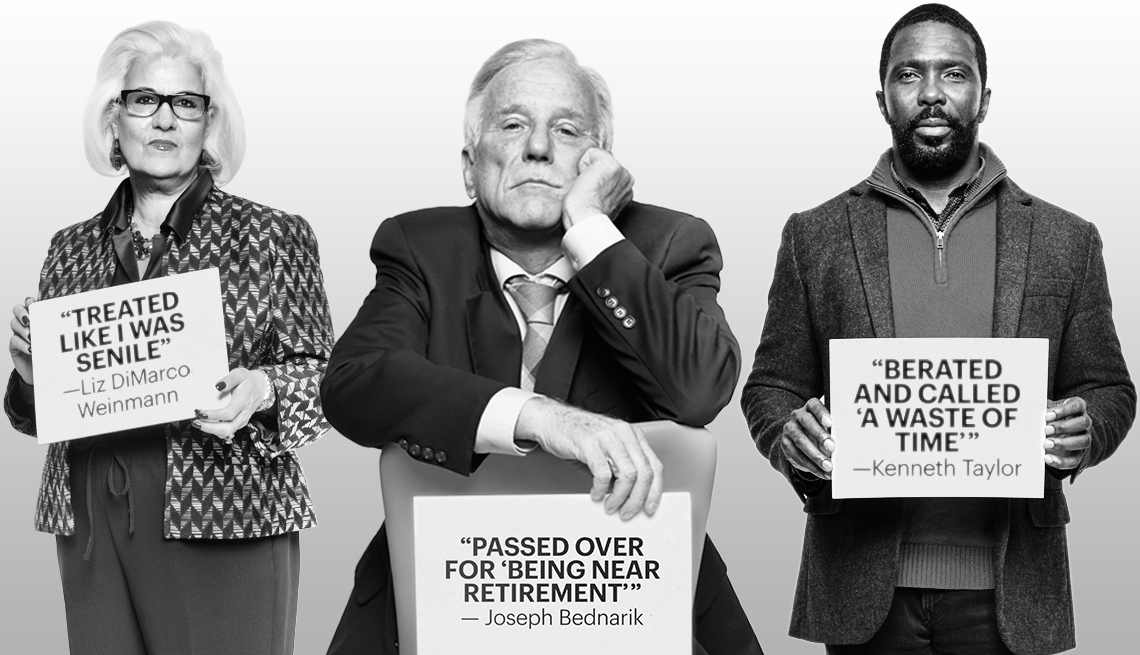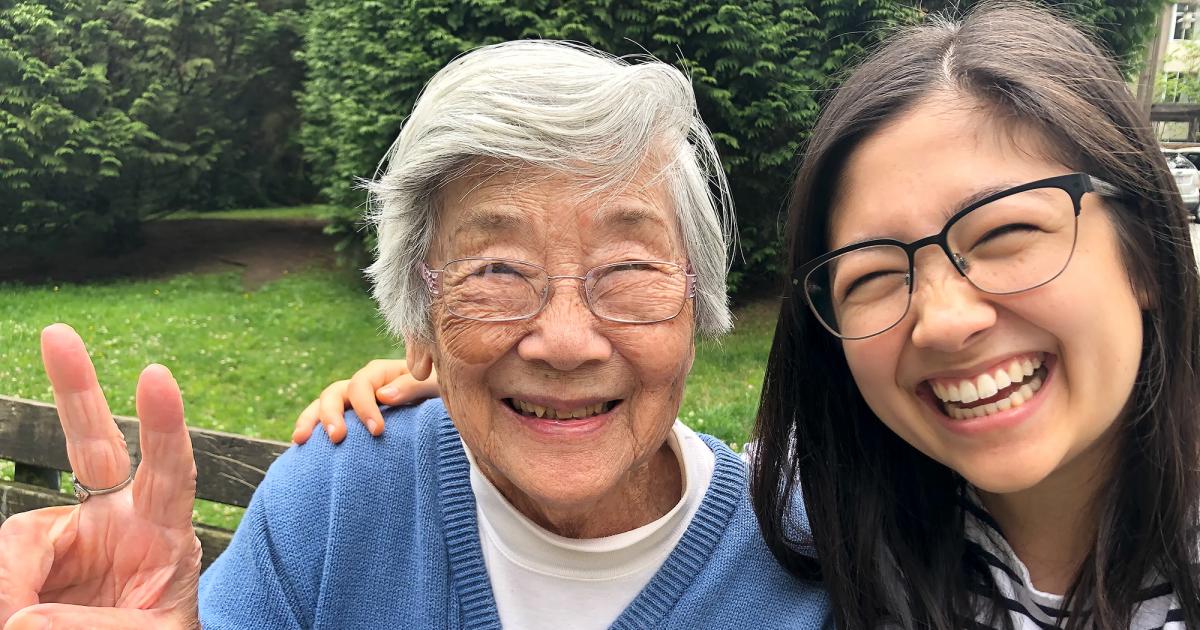The Wisdom Bearers
The Tlingit word for elder, "at wuskóowu", is also the Tlingit word for "wisdom bearer". When people embrace healthy attitudes about aging and the elderly, the entire society benefits.

People often decry the lack of respect that young people today have for their elders, but what if it is not entirely their fault?
After all, how can young people be expected to respect the elderly when they see the "mature" people in our society act as if they themselves despise their own age as well, and resort to demeaning efforts to appear younger?
I'm not talking about eating right and exercising — those are things we should be doing at EVERY stage of our lives.
And I'm not talking about grooming and other things that make you feel good about your appearance. Again, those are things we do at every stage of life.
I'm talking about failing to appreciate the good things about the stage of life you are currently in.
American society nonsensically obsesses over youth — like ancient Egyptians did over their cats!
American society nonsensically obsesses over youth — like ancient Egyptians did over their cats!
The purpose of life is not to be 29 years old for as long as you can.
This attitude is what the great philosopher, Prince, was referring to when he wrote, "Act your age momma, not your shoe size" (Kiss, 1986).
Ageism is a widespread cultural problem in America that does more harm to society than most people realize. The thing is, older people are not just victims of ageism; many are unwitting perpetrators.
At Wuskóowu
I was in my mid-twenties when I was hired for my first executive-level job. As the chief technology officer for the Central Council Tlingit Haida Indian Tribes of Alaska, I felt real pressure to prove to my elders that their trust in me was not misplaced.
And that often meant a lot of late hours.
While working late one winter night, a noise from outdoors caught my attention. I often looked out my office window to the beauty of the ocean and mountains of Juneau, Alaska. And that night they were made even more beautiful by the fresh falling snow.
But this time I looked down. A sedan was spinning "donuts" in the snow of the empty parking lot across the street.
I thought that driver was awfully irresponsible — forgetting for a moment that I was once a teenager who did the same thing. 🙄
Then I noticed an elderly woman tottering along the sidewalk that bordered the parking lot where the car was joy riding. She was nearing the place where the sidewalk crosses the parking lot exit. Given the darkness, and the falling snow on the windshield of the car, I hoped that the driver would see the woman if he decided to exit the parking lot right then.
Then the elderly woman slipped and fell to the ground.
The car stopped its spins and drove toward the woman. It stopped, then three young men exited. From my window I could easily tell these young men were Native American — and probably from my tribe.
The young men slip-slided over to the woman and helped her up. From the body language of one of the young men, I could tell he was offering her a ride. She seemed to refuse the ride and motioned to a building on the other side of the street.
One young man steadied her as she brushed herself off, while the other two picked up the items that had spilled out of the plastic grocery bags she was carrying. Then the three of them walked her across the street toward the building she motioned to.
When she seemed okay, the striplings ran back to their car and drove away.
And they left me with a memory that would forever make me smile.
We have our problems in the Native community, but one thing we tend to get right is our genuine respect for those who have come before us: our elders and our ancestors.
In Tlingit, the word for elder, "at wuskóowu", also means "wisdom bearer" —because to us, they are the same.
In Tlingit, the word for elder, "at wuskóowu", also means "wisdom bearer" — because to us, they are the same.
Generally speaking, Native American cultures genuinely value our elders, while modern American culture tends to mock and marginalize older people. Why is that?
Perhaps it is because (a) Native Americans have a fundamentally different social structure, and (b) the age of corporate and social media has nudged Americans to embrace an unhealthy fixation with youth.
European Peerage
Most Native American tribes had just two tiers to their society: elders, and everyone else. Since everyone could potentially become an elder eventually, the top tier of society was not exclusive. (Some tribes also had slaves, but I'll leave that for another article).
By stark contrast, American culture is highly stratified and mostly exclusive — in large part due to America's European roots.
All my life I've seen people misinterpret this line from the Declaration of Independence:
We hold these truths to be self-evident, that all men are created equal
In modern context, some people might smirk at the thought that we were all "created equal". But to 18th century American colonials, that phrase meant something different. It meant that the stratification of society caused by European peerage was grossly unjust.
For thousands of years, European countries governed their societies by brainwashing everyone into believing that some groups of people are rightfully above others.
For example, in England, royals sat atop the ruling class by birthright. Below them were aristocrats who modestly referred to themselves as "nobles". The ruling class was subdivided into a social structure determined by titles such as duke, marquess, earl, viscount, baron, baronet, etc.
The elitism mindset was so entrenched that even "commoners" were not considered one social class. The varying professions of non-nobles were categorized as well, some considered "chavs", and others "toffs", etc.
Even servants had a well-defined pecking order! At the top were butlers and housekeepers. Below them were lady's maids and valets. Below them were footmen, governesses, maids, etc.
And if all that wasn't weird enough, in families sons ranked higher than daughters, and the oldest son ranked above all sons.
American Peerage
While Americans threw off the idea that governing is a birthright, we never abolished the mindset that some groups of people are above other groups.
Sadly millions of Americans are convinced that their group is better than other groups — whether it be due to their political affiliations, their race, their age, their gender, or even the logos they wear.
This incredibly shallow thinking was reinforced and capitalized on by corporate America. In the 1950s through the 1990s, television, movies, magazines, the music industry, and advertising taught us that youth matters more than maturity. And when the internet became ubiquitous, social media brought the vanity of youth to new lows.
Whether it is young people sneering at older people ("okay, Boomer!"), or older people trying to appear young, America, more than other societies, has been manipulated to value youth over maturity. And it is not healthy.
Young people have become the "star-bellied Sneetches" of our society.
The Perfect
Did you know that there is a magazine called "The Perfect"? I didn't until this week.
Nicole Kidman for The Perfect Magazine pic.twitter.com/yV1cczZDQD
— Film Updates (@FilmUpdates) August 22, 2022
The September 2022 cover of The Perfect magazine features a photo of Nicole Kidman in workout gear and flexing her oiled arms, abs, and thighs. In the photo, Kidman looks like she is barely in her 30s. She is 55.
I say, "Good for her!" Nicole Kidman is an excellent actress, and from everything I've heard she is a good person. Photos like this can be an inspiration to other women — and men for that matter.
But I do worry about the 55-year old women out there looking at this photo who don't have Kidman's genetics, profession, resources, and personal trainer. (Her personal trainer is quoted in the article saying Kidman works out 5 times a week).
They might feel very much NOT perfect! 😢
Question: would Nicole Kidman still be the cover model for "The Perfect" magazine if she had gray hair?
Lisa Laflamme
If you ask me, the woman in the photo below, Lisa Laflamme, looks classy and professional.
Bring back Lisa Laflamme - Sign the Petition! https://t.co/yQK1tncNYJ via @CdnChange
— Deirdre Johnson (@Deirdre80428912) August 31, 2022
But Lisa Laflamme, 58, made international news in August 2022 when it was reported that she was let go from Canada's CTV, after 30+ years as a reporter and news anchor, for allowing her hair to go gray.
Her story sparked buzz and debate everywhere. In support of Laflamme, Wendy's even temporarily changed its logo.
Because a ⭐️ is a ⭐️ regardless of hair colour. #LisaLaFlamme #NewProfilePic pic.twitter.com/g7i7kqwYrw
— Wendy's 🇨🇦 (@WendysCanada) August 25, 2022
As the backlash grew, Laflamme's boss at CTV, Michael Melling, took a leave of absence. (Ironically, the name of the person stepping into his role is named Richard Gray).
It's a mighty thin pancake that doesn't have two sides.
CTV released a letter saying there is more to the termination of her contract than her hair color, but they are bound by an agreement to not discuss it further. CTV has hired an outside, independent investigator, and it appears that more will be known about this story.
But the story does put ageism front and center — which is too rare a thing these days.

Ageism isn't only about appearances
It's too simplistic to think of ageism as bias against people for looking older.
I have a friend who is an executive in a software company who confessed to me days after his 40th birthday that he felt uneasy now. Why? Because throughout his career, his peers made fun of programmers over 40, and now he's one of them.
Are they making fun of him too now behind his back?
Ageism is a very real problem in the technology industry.
In fact, ageism is a problem in many industries and for people looking for work. 76% of older workers see age discrimination as an obstacle to finding work. More than 50% of these workers were pushed out of their previous jobs, and 90% of them will never make as much as they did in their longtime job.
Older people who do not feel useful are 300% more likely to develop a disability, and 400% more likely to die prematurely.
Ageism and Covid-19
Speaking of dying, ageism is at its ugliest when people act like the lives of the elderly do not matter as much as the lives of young people.
Japan could have been one of the world's most most tragic Covid-19 stories. Why?
(a) Japan has more elderly people per capita than any other country in the world.
(b) Tokyo's 37 million people are dependent on the city's notoriously packed trains to do everything. (For comparison, Los Angeles has 4 million people, and New York City has 8 million).
Unlike American culture, Japanese culture believes in respecting its elders. As a result:
• Nearly 100% of Japanese wear masks in public
• Nearly 80% of Japanese are current on their vaccine boosters.
And guess what? All through the Covid-19 pandemic:
(1) Japan has had one of the best Covid-19 death rates among wealthy nations,
(2) Japan's economy has functioned more or less normally, and
(3) More than 65% of Japanese citizens continue to APPROVE of the measures taken, or feel they should be strengthened!
Japan's ENTIRE SOCIETY — people of ALL AGES — benefited from Japan's culture of respecting its elders — including its economy!
By the way, if the science were reversed in the pandemic and children were more likely to die, and if American grandparents were told that wearing masks and getting vaccinated could protect their children and grandchildren, a far larger percentage of the elderly would have made the sacrifice for their loved ones than younger people did for the elderly.
Your attitude about the elderly impacts how you personally will age
American birthday cards mock aging with humor about prune juce, senility, and being over the hill. And if a movie has older people in it, they are not usually the stars, and it is usually to make fun of them.
It's all in good fun, but it also contributes to America's unhealthy acceptance of age-based prejudice.
Research by Yale School of Public Health found that younger Americans who talk about seniors as a burden, make jokes about them, or hold unflattering stereotypes of the worth of older people — reduce their own chances of healthy aging.
In other words, your unhealthy attitude about the elderly makes it more likely that you will be unhealthy when you are older.
This explains Japan. Japan has a national respect for the elderly, and Japan has the longest lifespan of any country in the world.
As a young man, and now as an older man, I have always admired older people — especially those:
- who are cheerful and optimistic,
- who keep fit and eat well,
- who have active lifestyles,
- who challenge their minds and learn new facts and skills, and
- who are not trying to be young, but are simply trying to enjoy as best they can who they are.
I've always loved that Tlingit word for elder, "at wuskóowu", is also the Tlingit word for "wisdom bearer".
After all, the purpose of life is not to try to appear to be 29 years old for as long as you can.
Individually we each need to do our part to have — and to encourage — healthy attitudes about aging and the elderly. If we will, then "elderly" and "wisdom bearer" can mean the same thing for Americans too.
Thanks for listening.
Gunalchéesh Háw'aa.
Links:


